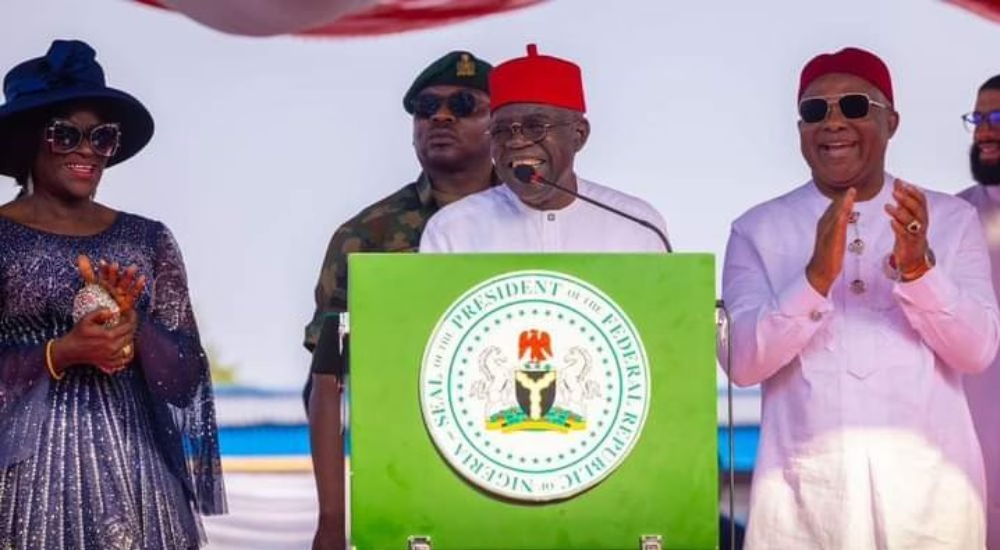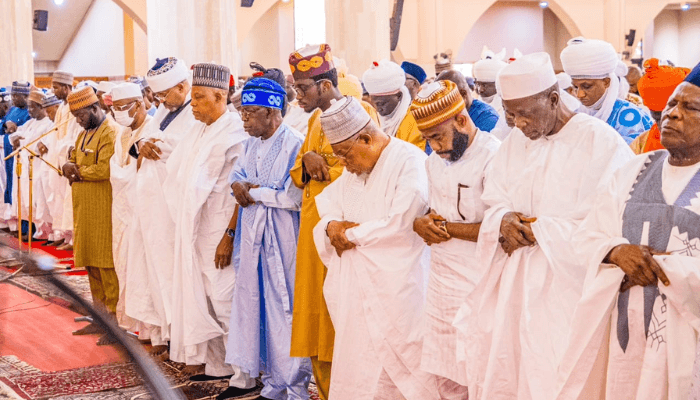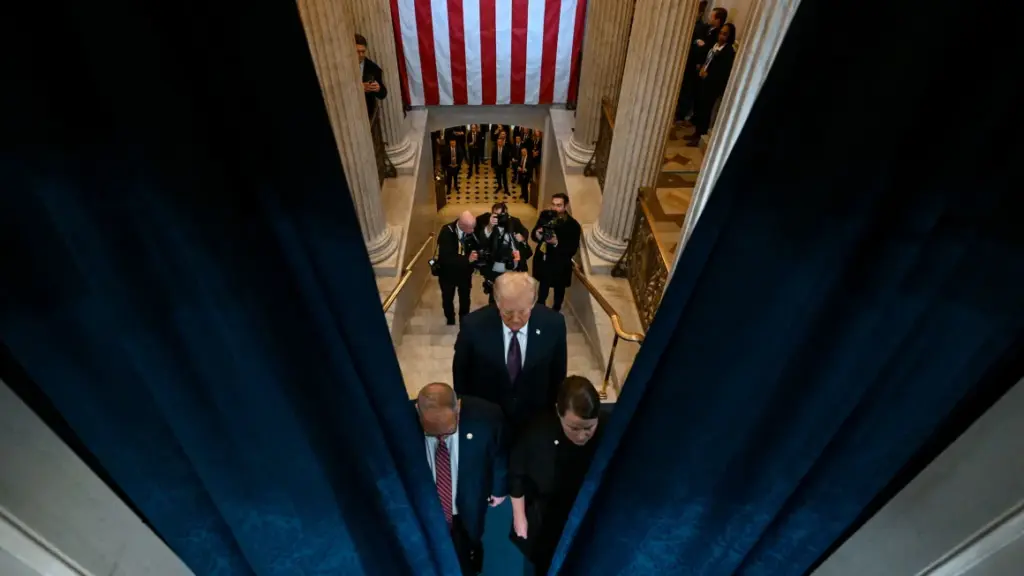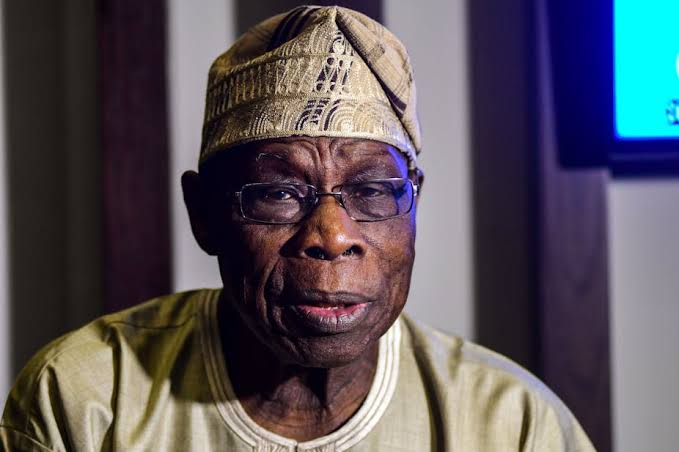BRICS, Tariffs, and Geopolitics: The US Presidential Race and US-China Relations
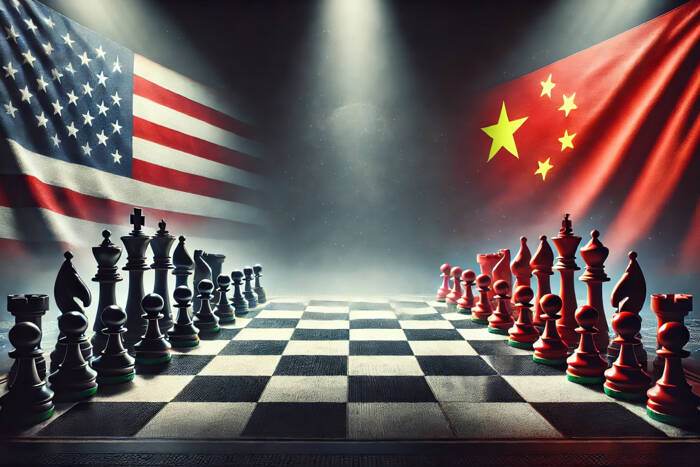
Politics tamfitronics
Key Points:
- Trump’s trade war revival could see 60% tariffs on Chinese imports, disrupting global trade.
- 47% of executives foresee worsening US-China ties under Trump; none expect improvement.
- Harris’ policy offers stability, but existing tariffs remain a challenge for US-China ties.
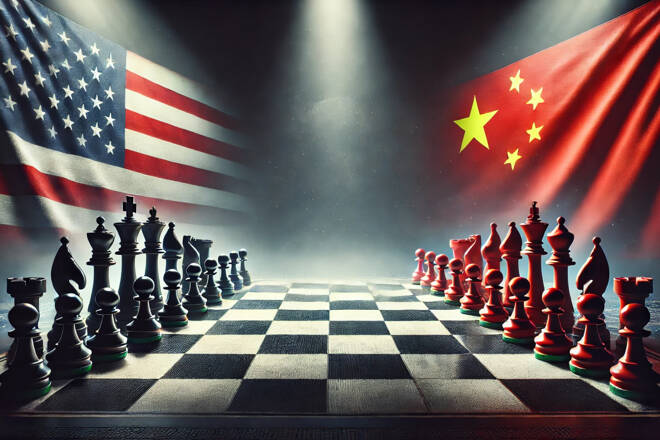
Global Leaders Brace for the US Presidential Election
The US Presidential Election will take place on November 5, 2024. Election polls show a tight race between Donald Trump and Kamala Harris. According to FiveThirtyEight, Harris holds a narrow 1-point lead, signaling a closely fought contest since President Joe Biden withdrew from the election race.
Foreign policy, especially relating to US-China relations, has been a hotly debated topic.
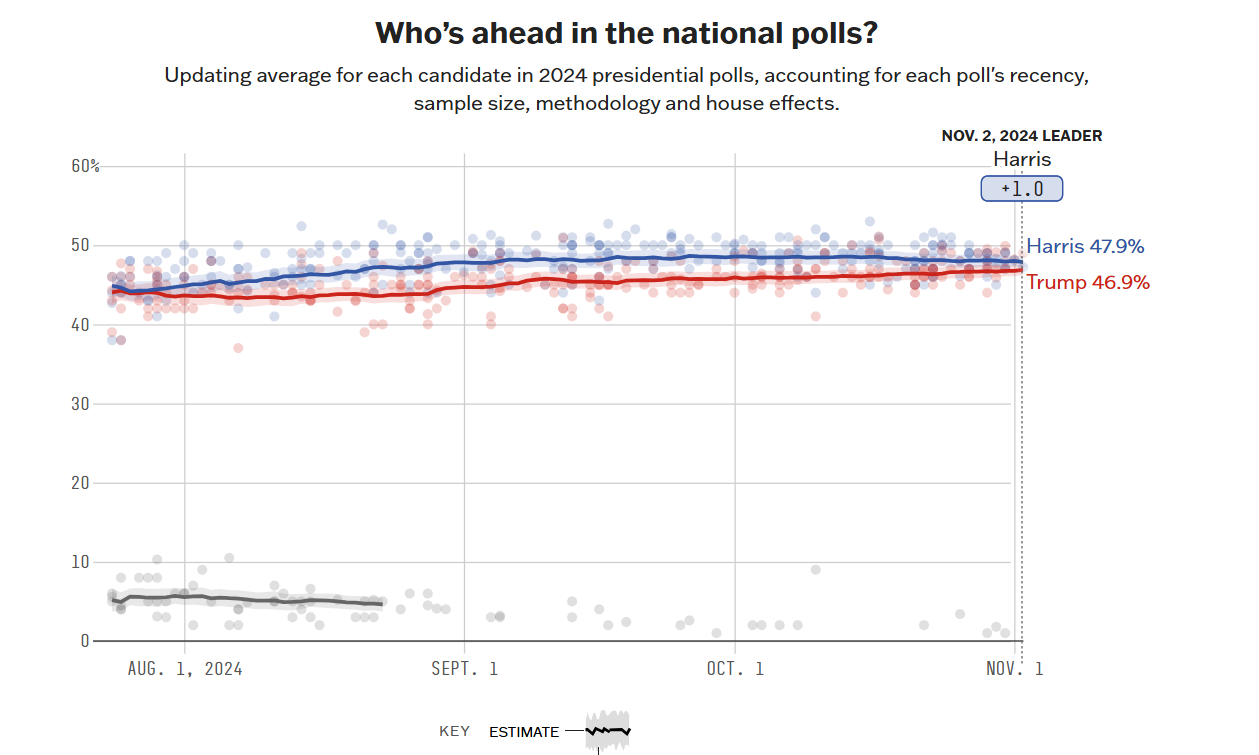
In 2016, Donald Trump won the US Presidential Election, kickstarting a trade war with China. Significantly, Trump imposed tariffs of up to 25% on Chinese goods and launched the China Initiative, targeting Chinese citizens working in US labs and universities as part of a counter-espionage program.
Trump Policy and US-China Relations in Focus
Fast forward eight years and Beijing is bracing for a possible Trump return. A Trump presidency would likely start another trade war with China as part of his pledge to ‘Make America Great Again.’
Trump will likely target essential goods, such as autos, electronics, semiconductors, and solar panels. On the campaign trail, Trump pledged to roll out a further 60% tariff on imports from China, adding to the 25% he imposed during his first term. Such measures could severely impact US-China trade relations.
Trump’s focus extends beyond tariffs. The Republican Party front-runner has also campaigned for greater Executive Branch powers over the US federal government. This could allow the Trump administration to resume the China Initiative with greater authority.
Trump’s likely targeting of Chinese goods and his initiatives would come at a difficult time for President Xi Jinping and China’s economy, which faces weakening overseas and domestic demand.
For Beijing, Trump brings geopolitical uncertainty and unpredictability. This is a market shift from Joe Biden’s more targeted strategy to improve US-China relations while controlling China’s access to US technology.
The unpredictability could push the US and China towards a Cold War-like era of corporate espionage and public witch hunts.
Economists believe that, while the US and China’s economies are too intertwined for a complete decoupling, Trump could test their resilience.
Trump, BRICS, and China’s Power Play
China may be preparing for a Trump victory. Trump’s policies may also incentivize the BRICS nations – Brazil, Russia, India, China, and South Africa – to accelerate their shift from the US dollar, a trend gaining global interest. More than 40 other nations have expressed interest in joining the bloc.
In September 2024, Trump issued a stark warning,
“If you abandon the dollar, you’re not doing business with the United States because we will impose a 100 percent tariff on your goods,”
Notably, his warning aligned with a UBS survey and respondents’ views on the impact of a Trump victory on global protectionism.
The UBS Annual Reserve Manager Survey considered the opinions of company executives located in China, stating firms could relocate manufacturing in response to fresh tariffs.
The survey showed that 47% expect US-China relations to deteriorate, with no respondents expecting an improvement. Views about the likely effects of a Trump administration on geopolitical risk and global protectionism were also markedly negative.
- 67% expected more wars and geopolitical conflicts.
- 94% saw a further escalation of the US-China confrontation.
- 92% predicted increased global protectionism.
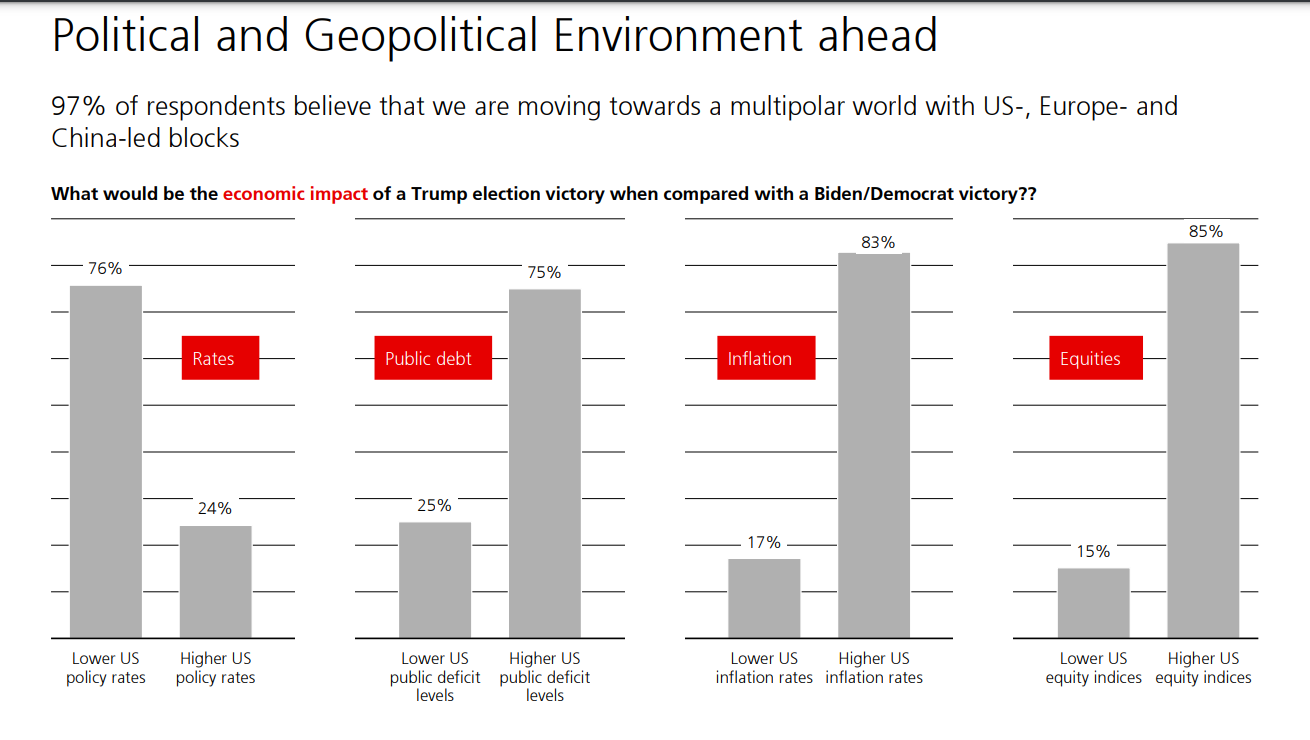
The University of Michigan Q&A on Trump’s Tariff Plans
Last week, the University of Michigan shared expert views on Trump’s tariff plans. John W. Sweetland, Professor Emeritus of International Economics and Professor Emeritus of Public Policy, stated,
“As for the rest of the world, those countries that depend heavily on trade with the U.S., most obviously Canada and Mexico, will be badly hurt, and the world too will likely go into recession. But I expect that most of the world will recover from that before we do because, big as we are, the rest of the world is much bigger.”
The Professor’s view suggests that the BRICS Bloc could materially impact the US economy and its status in trade if Trump rolls out punitive tariffs on China and other nations.
Kamala Harris Policies More China-Friendly in the Nearer Term
Meanwhile, Kamala Harris promotes a continuity of Biden’s policies and strategies. Notably, Harris had a hand in Biden’s policies regarding China. The Biden administration preferred to avoid conflict and push the US to outmuscle China’s competitiveness.
The Biden administration retained most of the tariffs that the Trump administration imposed during its first term. However, Biden introduced higher tariffs on selected Chinese goods, including electric vehicles and chips.
While Harris has remained largely silent on foreign policy, economists expect a continuation of existing tariffs. Continuity offers Beijing a more predictable path.
Beijing and manufacturers from China would likely accept the status quo over Trump’s unpredictability.
Economic Impact of Tariffs on the US Economy
It has been a different story for US consumers. According to the US Tax Foundation,
“As of March 2024, the trade war tariffs have generated more than $233 billion of higher taxes collected for the US government from US consumers. Of that total, $89 billion, or about 38 percent, was collected during the Trump administration, while the remaining $144 billion, or about 62 percent, has been collected during the Biden administration.”
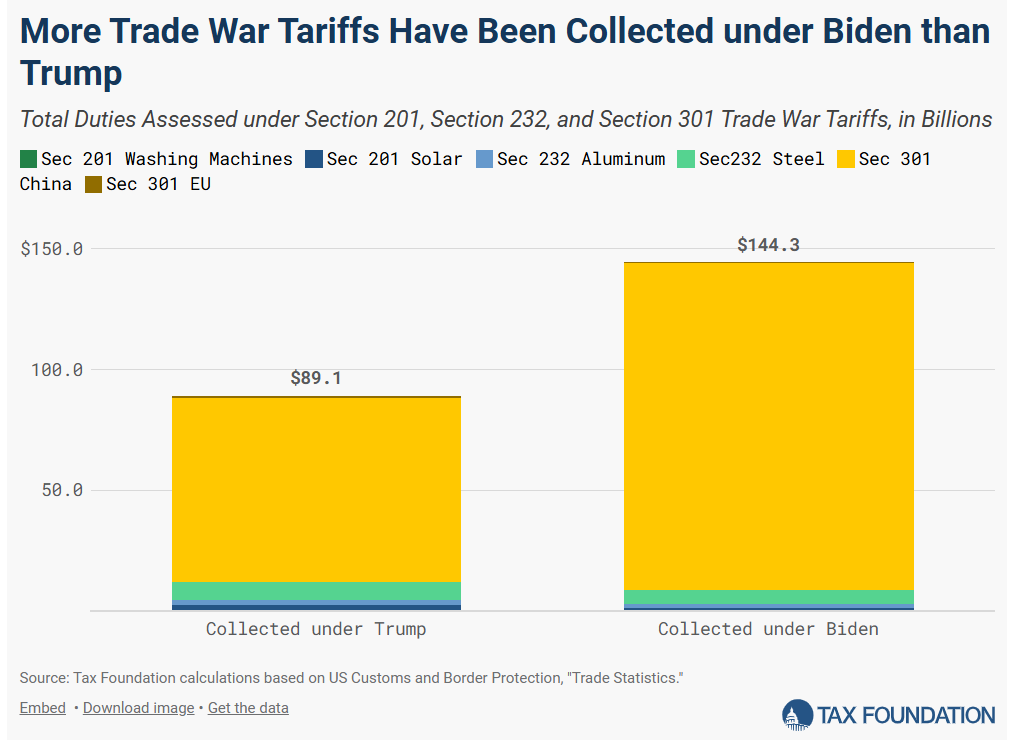
The statistics highlight the Biden administration’s policy to retain the Trump administration’s tariffs while adding more tariffs on selected goods.
Tariffs don’t just affect China but also the US economy. The Tax Foundation estimates the US GDP to fall by at least 0.8 percent. The Foundation also projects an employment decline of 684,000 full-time equivalent jobs if Trump wins and imposes pledged tariffs. The economic toll of ongoing trade tensions remains a pressing concern.
US Presidential Election and Outside Interference
As Election Day approaches, fears of possible interference with the US election have intensified. US intelligence has warned of China, Iran, and Russian efforts to influence the election result.
Countries, including China, have a vested interest in the outcome of the Presidential Election.
In October, the Washington Post reported that leaders in China, Iran, and Russia denied interfering with the election. However, the Washington Post also reported,
“A recently declassified assessment from the National Intelligence Council (NIC)states that Russia and China are most likely to consider tactics that could foment or contribute to violence, and may threaten, or may amplify threats of physical violence in the post-Election Day time frame.”
The council concluded,
“Those countries would likely refrain from attempts to alter the vote count because they would probably be detected and would almost certainly result in retaliation.”
Who Could China Prefer?
In Summary, a Trump administration would raise the threat of 60% tariffs on all Chinese goods and deteriorating US-China relations. The prospect of punitive tariffs could impact China’s economy and US consumers.
With so much at stake, post-election interference could fuel geopolitical tensions. A Harris administration would support improving US-China relations. Nevertheless, her administration could still impact the US economy, with existing tariffs likely to remain.
About the Author
With over 20 years of experience in the finance industry, Bob has been managing regional teams across Europe and Asia and focusing on analytics across both corporate and financial institutions. Currently he is covering developments relating to the financial markets, including currencies, commodities, alternative asset classes, and global equities.
Latest news and analysis






Discover more from Tamfis Nigeria Lmited
Subscribe to get the latest posts sent to your email.



 Hot Deals
Hot Deals Shopfinish
Shopfinish Shop
Shop Appliances
Appliances Babies & Kids
Babies & Kids Best Selling
Best Selling Books
Books Consumer Electronics
Consumer Electronics Furniture
Furniture Home & Kitchen
Home & Kitchen Jewelry
Jewelry Luxury & Beauty
Luxury & Beauty Shoes
Shoes Training & Certifications
Training & Certifications Wears & Clothings
Wears & Clothings






